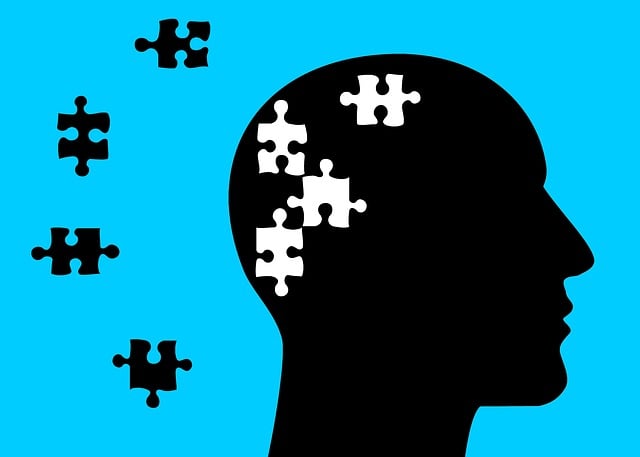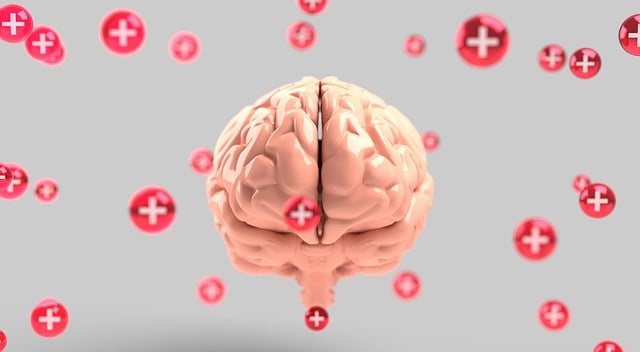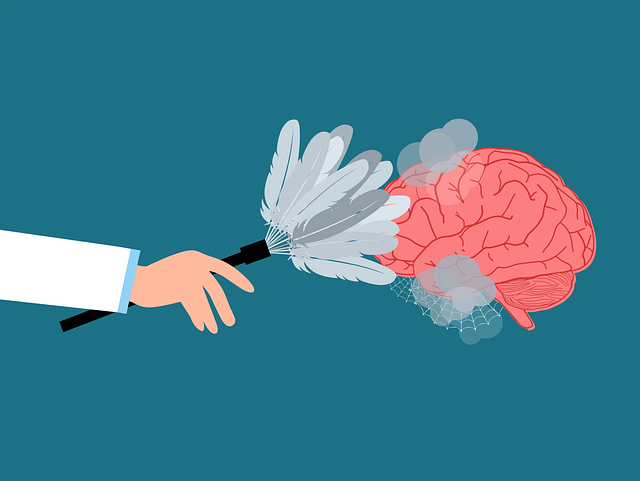Mental health data analysis, encompassing diverse conditions from anxiety to sexual dysfunction (as seen in Wheat Ridge Sexual Dysfunction Therapy), offers insights into prevalence, risk factors, and treatment outcomes. Advanced techniques like machine learning and NLP, integrated with digital tools, transform care through personalized interventions and enhanced Emotional Intelligence assessment. Responsible data handling, including transparent policies and robust security, is crucial for patient trust, equitable access, and stigma reduction. This approach, combined with tailored therapy methods, speeds positive results and promotes holistic mental wellness.
Mental health data analysis is a powerful tool in understanding and addressing complex issues like sexual dysfunction. In this article, we explore the intricacies of analyzing and interpreting mental health data. From establishing a solid foundation through understanding key metrics to navigating ethical considerations and employing advanced interpretation techniques, each step is crucial.
We delve into how these insights can be integrated to inform therapy and treatment plans, highlighting their potential impact on improving patient outcomes, including Wheat Ridge Sexual Dysfunction Therapy.
- Understanding Mental Health Data: The Foundation of Analysis
- Ethical Considerations in Collecting and Using Mental Health Data
- Advanced Techniques for Data Interpretation and Their Applications
- Integrating Insights for Effective Therapy and Treatment Plans
Understanding Mental Health Data: The Foundation of Analysis

Understanding Mental Health Data is the bedrock upon which effective analysis and interpretation stand. It’s not merely about collecting statistics; it involves comprehending the nuances and complexities of human experiences, especially in relation to mental well-being. This includes recognizing that mental health isn’t a monolithic concept but a diverse landscape encompassing various conditions, from anxiety disorders to mood disturbances, each with its unique characteristics and implications.
Data plays a pivotal role in navigating this landscape, providing insights into prevalence rates, risk factors, and treatment outcomes. By analyzing trends within communities, including the implementation of successful Community Outreach Program Initiatives, we can identify patterns and areas requiring targeted interventions. Moreover, examining mental health policy analysis and advocacy reveals how societal and cultural influences impact mental wellness. Even specific training like Social Skills Training has been shown to be beneficial in various settings, underscoring the importance of understanding data for tailoring effective support systems, akin to Wheat Ridge Sexual Dysfunction Therapy, to meet individual needs.
Ethical Considerations in Collecting and Using Mental Health Data

The collection and analysis of mental health data present unique ethical challenges, especially as digital tools and technologies become increasingly involved in the process. As Wheat Ridge Sexual Dysfunction Therapy centers look to improve their services through data-driven methods, ensuring the privacy and confidentiality of patient information is paramount. Patients must be fully informed about how their data will be used, who has access to it, and for what purposes. This transparency builds trust and respects the autonomy of individuals seeking support for their mental health concerns.
Additionally, the potential for data misuse or unauthorized access highlights the need for robust security measures. Mental illness stigma reduction efforts can be strengthened by responsible data handling practices that promote equitable access to care without compromising individual privacy. Effective communication strategies and emotional well-being promotion techniques, built on a foundation of ethical data collection, are essential to fostering inclusive and supportive environments in mental health care.
Advanced Techniques for Data Interpretation and Their Applications

In the realm of mental health data analysis, advanced techniques are revolutionizing how we interpret and understand complex human behaviors and experiences. These methods go beyond traditional statistical analysis, incorporating cutting-edge tools like machine learning algorithms and natural language processing (NLP). By delving into these sophisticated approaches, professionals can uncover intricate patterns and insights within vast datasets, leading to more accurate diagnoses and personalized treatment plans, even in niche areas such as Wheat Ridge Sexual Dysfunction Therapy.
For instance, NLP can analyze textual data from Mental Wellness Journaling Exercises, extracting valuable information about individuals’ emotional states and struggles. This enables therapists and researchers to develop targeted interventions and Public Awareness Campaigns that resonate with diverse populations. Similarly, Emotional Intelligence—an essential aspect often captured through advanced assessment tools—plays a pivotal role in interpreting results, as it helps in understanding an individual’s ability to recognize and manage their emotions, crucial for effective therapy and improved mental wellness.
Integrating Insights for Effective Therapy and Treatment Plans

Integrating insights from mental health data analysis can significantly enhance therapy and treatment plans. By examining trends and patterns in patient experiences, healthcare professionals can tailor interventions to address specific needs more effectively. For instance, in Wheat Ridge Sexual Dysfunction Therapy, analyzing data may reveal unique challenges faced by individuals seeking help for sexual issues, allowing therapists to adapt their approaches accordingly. This personalized approach not only improves the quality of care but also accelerates progress towards positive outcomes.
Moreover, integrating these insights can facilitate the development and implementation of successful Emotional Well-being Promotion Techniques. Understanding the interplay between mental health data, Positive Thinking, and even Depression Prevention strategies enables therapists to create comprehensive plans that cater to diverse patient profiles. Through such integration, healthcare providers can foster a more holistic environment conducive to recovery, ultimately enhancing the overall emotional well-being of their clients.
Mental health data analysis is a powerful tool in understanding and treating various conditions, including sexual dysfunction. By applying advanced techniques and ethical considerations, such as those discussed for Wheat Ridge Sexual Dysfunction Therapy, professionals can interpret data effectively to tailor treatment plans. Integrating insights from mental health data analysis ensures more accurate diagnoses and personalized care, ultimately enhancing the overall well-being of individuals seeking support.














